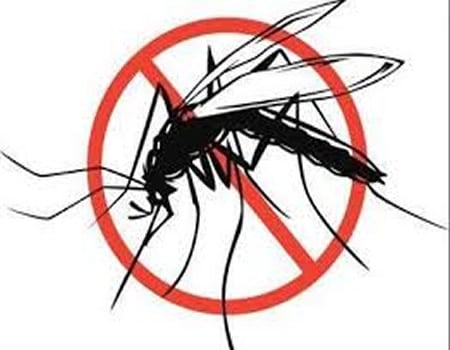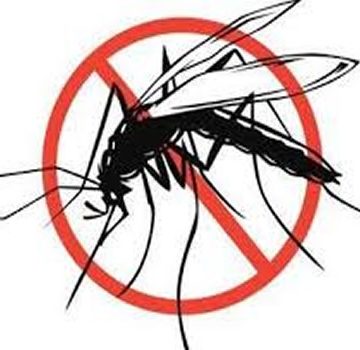The disclosure was made Monday by the Executive Chairman of the Bauchi State Agency for the Control of HIV/AIDS, Tuberculosis /Leprosy and Malaria (BACATMA) Dr Mansur Dada during a press conference to mark this year’s World Malaria Day in the state.
According to him, in 2016 there were an estimated 216 million cases of malaria in 91 countries with 445,000 deaths globally explaining that Malaria is a disease caused by a protozoan called ‘plasmodium’.
He noted that the disease is transmitted by a female anopheline mosquito that commonly affects children under five years of age, pregnant mothers, Sicklers and people coming from non-endemic countries.
The BACATMA boss further said that the disease is divided into two, uncomplicated malaria which has no life-threatening manifestations and severe malaria which is deadly explaining that, “Uncomplicated Malaria has no life-threatening manifestations. The features include fever, headache, body aches, joint pains, vomiting, loss of appetite, etc”.
He also said that “Severe Malaria has life-threatening manifestations. In addition to the above mentioned, other features include confusion, convulsions, loss of consciousness, lack of blood, yellow discolouration of eyes, bleeding etc “.
The BACATMA chairman then said malaria can be treated with Artemisinin-Based Combination Therapy (ACT) and be prevented through health education, early diagnosis and treatment, use of Long Lasting Insecticidal Nets, intermittent preventive treatment for pregnant mothers, indoor residual spray and an outdoor spray of mosquito among other measures.







